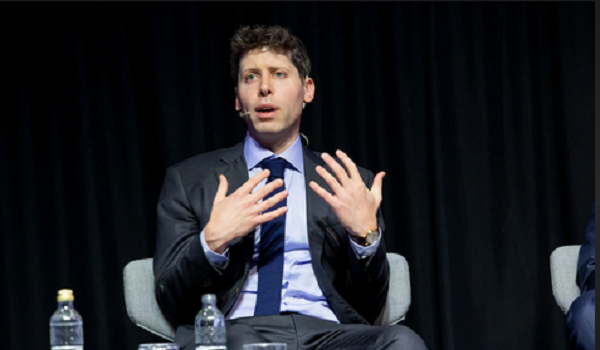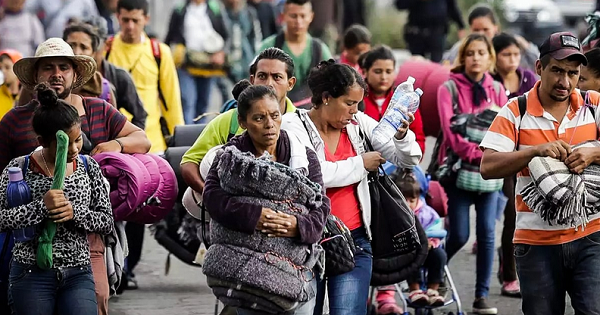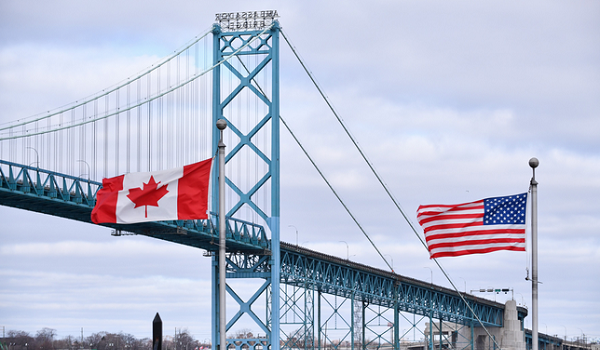Looming TTC strike could cause a spike in traffic, lack of transportation
A looming job action at Canada’s biggest transit agency, where the main Toronto Transit Commission union is in legal strike position as of Friday, is raising alarms about a spike in city traffic and many people being left without a way to get around.
Talks between ATU Local 113 and the TTC to prevent a strike are going down to the wire. But less than 36 hours before the deadline, the union head said he was frustrated with negotiations, and the TTC pointed to major issues still to be resolved.
Unlike in previous TTC strikes, many people can now work from home. However, the agency still carries 1.4 million passengers on a typical weekday. About one-third of Toronto adults do not own a car.
“It’s really going to impact everyone, even if you don’t take the TTC,” said Shelagh Pizey-Allen, executive director of the advocacy group TTC Riders, who is urging people to plan ahead for necessities such as child care.
While a striking transit union can be ordered back quickly by provincial legislation, that process would be slowed if opposition parties do not allow unanimous consent. In that case, back-to-work legislation could take as long as four days.
Asked Wednesday if he was preparing such legislation pre-emptively, Ontario Premier Doug Ford dismissed the question as hypothetical.
“Let’s first hope and pray that they don’t go on strike,” he told reporters outside his office. “It’s going to hurt the public. Anything that hurts the public, I am not in favour of.”
Marit Stiles, Leader of the Opposition NDP, did not give a clear answer on how she would react to back-to-work legislation.
The TTC has been rebuilding ridership lost during the COVID-19 pandemic and remains a crucial lifeline for many workers who cannot do their jobs from home. Even though Friday is typically a lower-ridership day than mid-week, a TTC shutdown could spark major increases in walking, car-pooling, use of the city’s bike-share system and ridership on the parts of GO Transit that lie within Toronto.
Taxi and ride-hailing companies are also preparing for a spike in business, on extra-congested roads.
Kristine Hubbard, the operations manager of Beck Taxi, the city’s largest brokerage, said that they would not be taking scheduled bookings because all their 1,300 vehicles will be circulating.
“We’re treating it like an ice storm,” she said. “That’s what it’s like. You can’t really predict how bad it’s going to be.”
Ms. Hubbard said that they would not boost prices in response to high demand. A spokesperson for Uber Canada said in a statement that company would cap its surge price multiplier. She did not respond to a follow-up e-mail asking what that cap would be.
Marvin Alfred, president of ATU Local 113, which represents about 12,000 TTC workers, said Wednesday that he was frustrated with negotiations. He would not talk in detail about the specific proposals on the table but said that job security was paramount.
TTC spokesperson Stuart Green said that “there are still a number of fairly complex issues that need to be worked through.” He added that there are also talks with the union about how to prevent people on the system being stranded in the event of a walkout.
Both the union and the TTC have said they will keep operating the Wheel-Trans service, which carries disabled passengers, even during a strike.
A strike by ATU Local 113 would be the first in 16 years. For most of that time the transit agency was deemed an essential service and its workers were barred from striking. They regained that right last year and the ruling was upheld in late May.
The Toronto Region Board of Trade, which has been warning for years about the cost of the region’s current congestion, rang alarm bells about a possible strike.
“We simply can’t afford to add more cars on the road,” spokesperson Jeff Lang-Weir said in a statement.
In response to a question about how concerned Mayor Olivia Chow was about the impact of a possible strike, her office issued a statement in her name saying “both sides are still at the bargaining table and committed to landing a fair deal. There is work being done right up to the deadline.”
In a note to parents Wednesday, the Toronto District School Board said that secondary schools would remain open Friday but that elementary schools would have a PA day.
The last TTC strike took place in April, 2008. Barely two days into the action, then-Liberal premier Dalton McGuinty summoned MPPs back to the House on a Sunday, and with support from all parties – including then-NDP leader Howard Hampton – passed legislation in just 32 minutes that ordered TTC workers back on the job and referred their labour dispute to an arbitrator.
When asked Tuesday if the NDP would support back-to-work legislation, Ms. Stiles, the NDP’s current leader, initially said “absolutely not.” But questioned repeatedly by reporters about the issue, she left some wiggle-room. A day later, she suggested the government could use its large majority pass it if it chose, without the NDP’s support.
This article was first reported by The Globe and Mail













